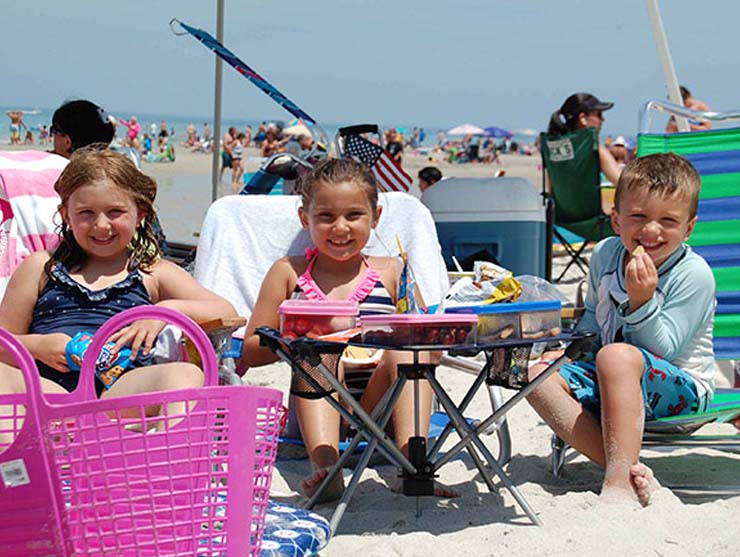Homemade Baby Food & Your Child Care Center
- Determine if you have the time to commit to making homemade baby food. This sounds so basic but it can add a lot of undue stress to an already hectic schedule. Who needs that?!? And there are so many natural and organic options at grocery stores these days that you really do have healthy alternatives.
- Find a go-to recipe book or website. First foods are simple enough - steam carrots and puree in blender. As your child moves onto the next stage I find it helpful to have a go-to place to find recipes. My favorite is Annabel Karmel.
- Invest in a good blender. There are a lot of options out there for parents making their own baby food - whether you buy one specifically geared toward making baby food or a multi-purpose one. The point is to have one that makes your life easy. I already have a handheld blender like this so that is what I will use.
- Freeze in small portions. Even if your baby has a healthy appetite I recommend freezing in smaller portions. This way you can combine 2 foods (Olivia liked sweet potatoes and spinach) or defrost on demand to reduce waste when you are feeding at home. What I do is freeze in a freezer tray (many options out there) and then pop them into storage bags to allow for more room in my freezer.
- Prepare in bulk and label with date. Whether you select one day a week to make everything or make your baby's food alongside your own meal, always make extra to stash away. Most sites say baby food will last up to 3 months in the freezer so be sure to label appropriately.
- Buy containers and cooler for transport to daycare. I just bought these Wean Green glass containers and can't wait to try them out. Pop your food cubes in the container the night before or before you leave in the morning so the food will defrost in the fridge at daycare. Most centers that do not have heating mechanisms (microwave, stove, etc.) will bring to room temperature by submerging container in hot water so be sure to find containers with a tight seal.
- Talk with your baby's teachers. Chances are that your baby's caregivers have dealt with this in the past and will have great tips. You may also want to have a detailed feeding plan in writing so you can feel comfortable knowing that every teacher (including those covering breaks and vacation days) know your expectations.
- Be flexible and have a back-up plan. Parents want to provide the best for their children. There are going to be days where you just won't have the time or ingredients to make baby food. Keep a back-up of jarred or frozen "commercial" baby food for those emergencies.
I'm feeling much better now that I did some homework. I would love to hear what's working for you - hop on over to our community to weigh in. And if you're looking for a recipe for homemade baby food, check out this sweet potatoes, spinach and peas recipe for baby.





